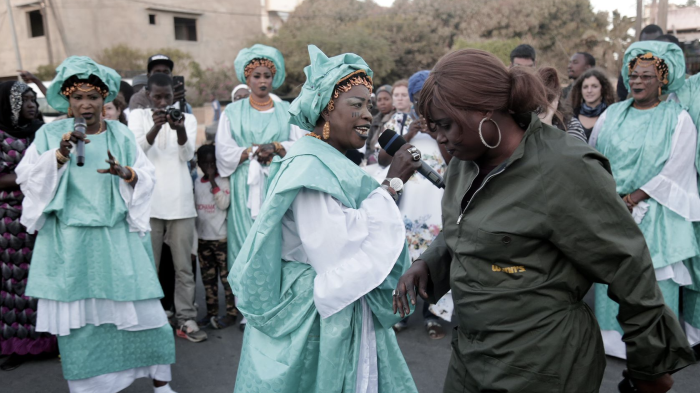Why build a community of returnees as messengers?
Working with returned migrants as messengers and civil society actors engaged in awareness raising campaigns around the risks and consequences of irregular migration and local opportunities is beneficial for many reasons.
Firstly, it supports a bottom up dynamic, giving a voice to men and women who have experienced migration and who are willing to share their stories.
Secondly, establishing platforms for peer-to-peer communication is a way to both empower returnees and strengthen the impact of awareness raising campaigns. Such initiatives, if connected to capacity building and networking, have the power to reconnect returnees with their communities.
4 reasons why the active participation of women is crucial
Even though women are not the majority of young people attempting to migrate through irregular routes in West Africa, the participation of women returnees as messengers and civil society actors is key:
- Women who undertake an irregular migration journey are exposed to higher risks, including human trafficking, sexual exploitation and violation of human rights, and this should be considered by potential women migrants.
- Women are at the heart of social dynamics in West African societies, especially within the decision-making process of young people. They are influencers and an important secondary audience for awareness raising campaigns.
- Women are listened to and respected by relatives, community members and young people. If properly informed and empowered, they are well placed to play an advisory role.
- Following the peer-to-peer approach, women need to be engaged to successfully communicate with other women at every level of the society.
How to engage with women migrants as messengers
There are five guiding points for engaging women volunteers as messengers:
- Develop a context-specific strategy for engagement, so it’s clear where and how women volunteers fit in.
- Organize meetings in safe spaces where women feel free to express themselves.
- Design activities that are accessible, considering work (both in the household and outside) and social obligations. The best way is to involve women members of the same community in the design of activities.
- Women already engaged as volunteers are role models. Help them bring visibility to what they are doing, to encourage other women to participate.



